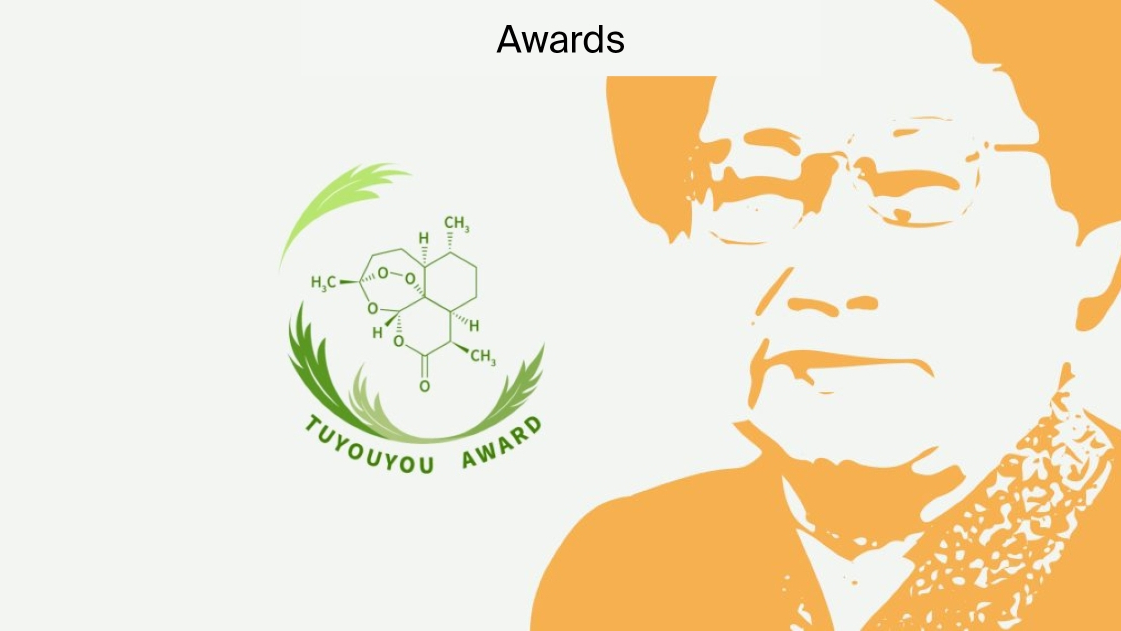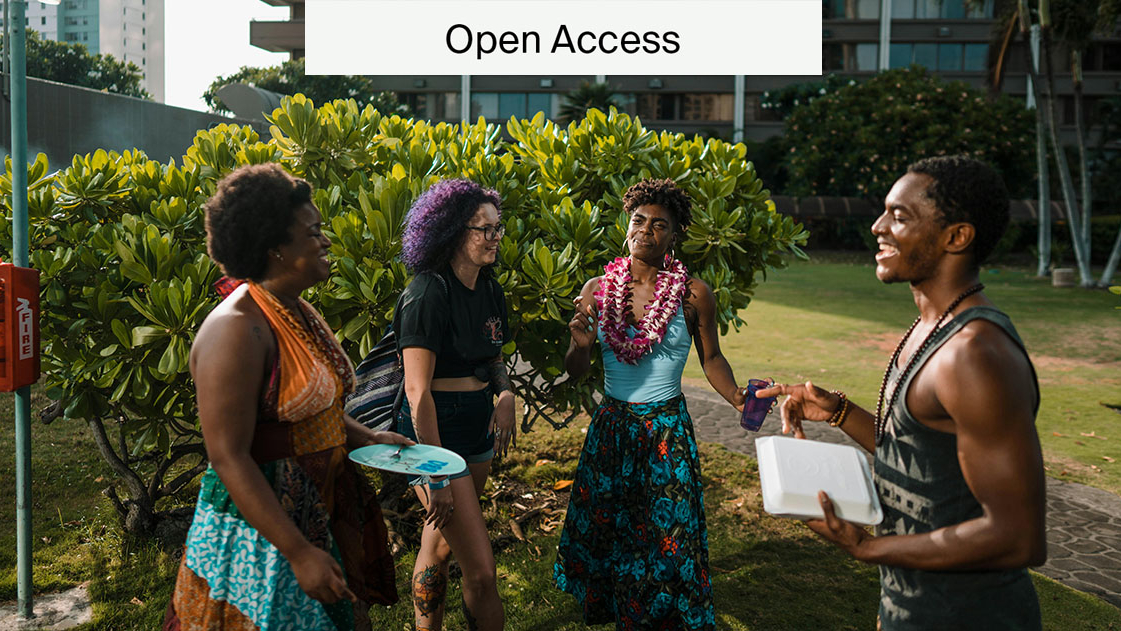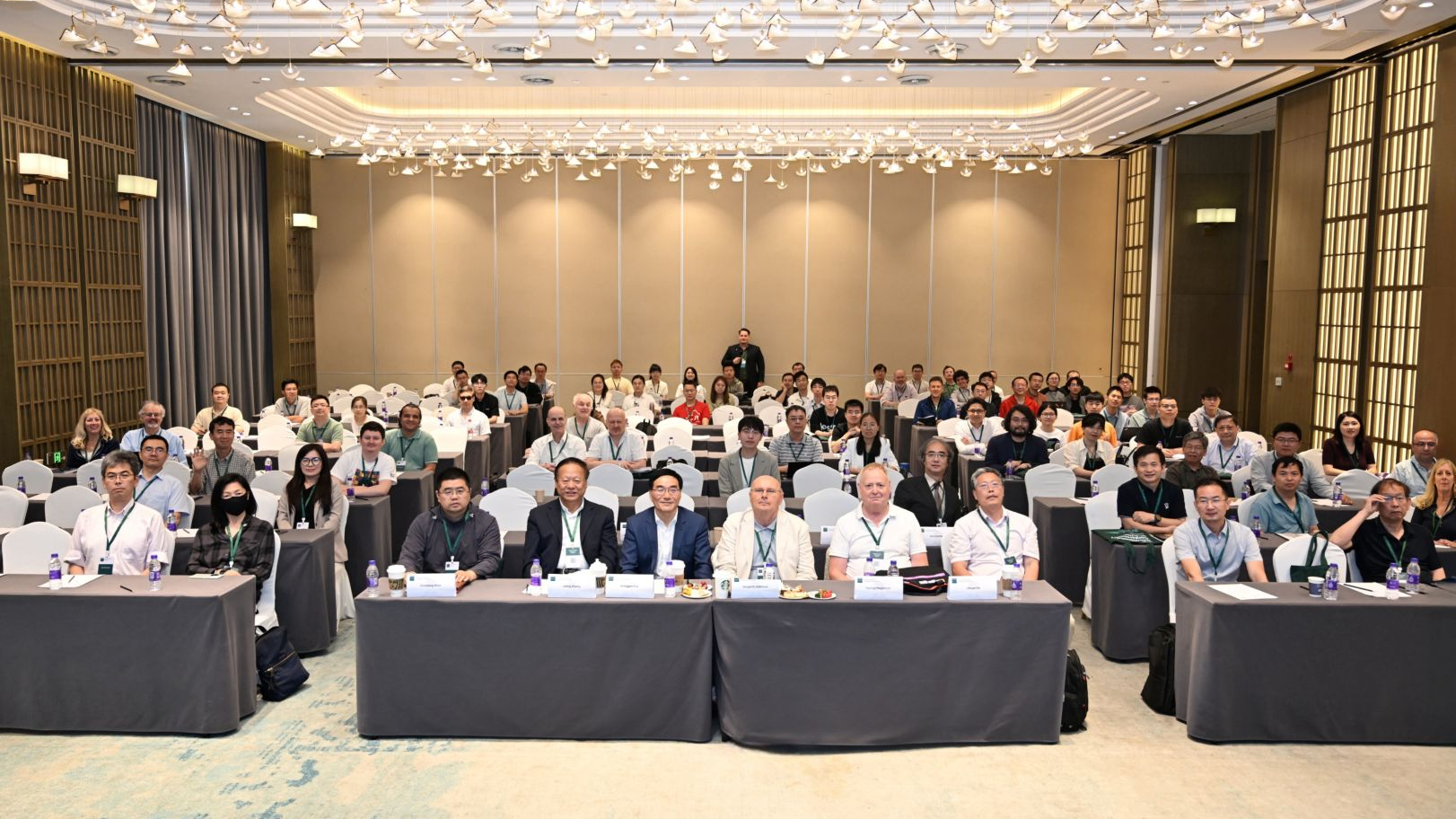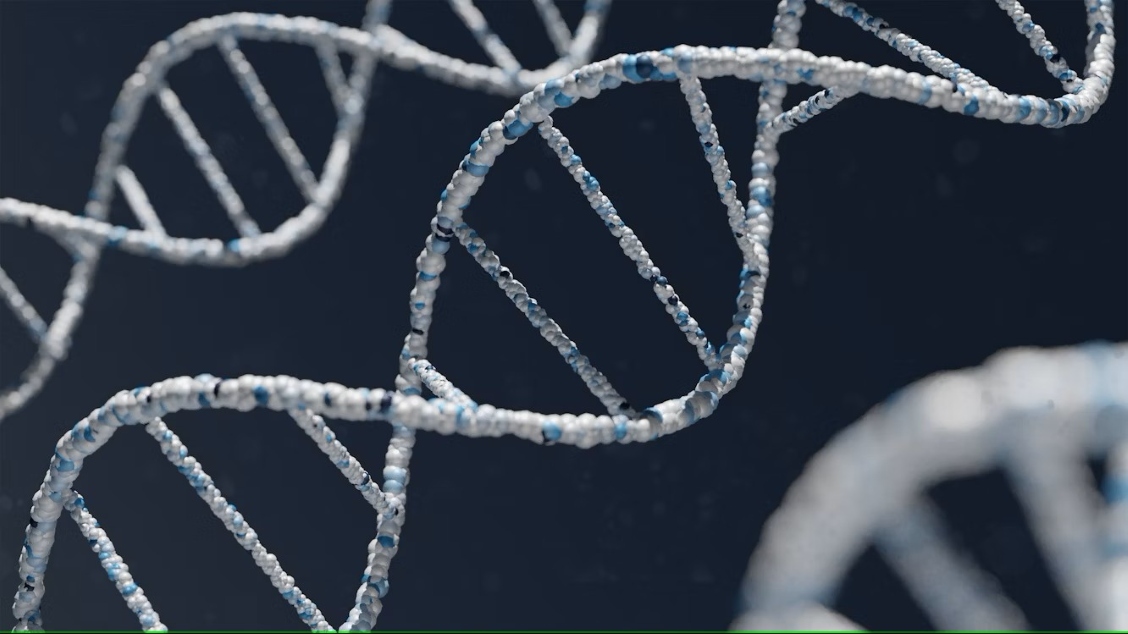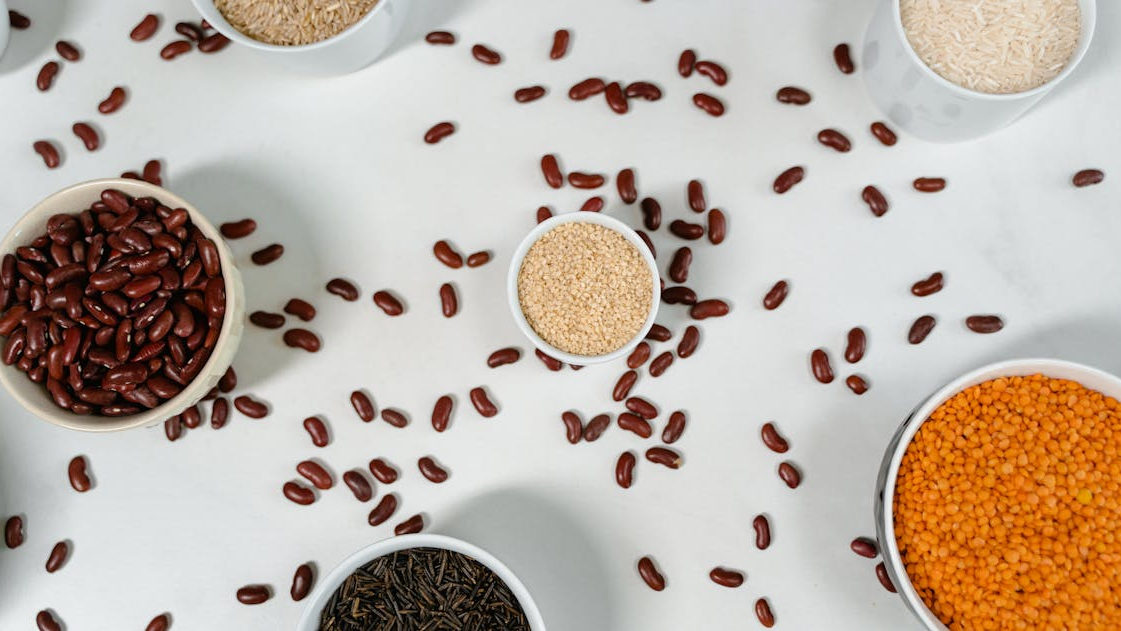
Breast Cancer Awareness Month: Interview with Karen Irwin
Current Oncology addresses cancer broadly, but in light of Breast Cancer Awareness Month, let’s go over some important information. First established in 1985 with the purpose of improving our collective understanding of the disease, the goal of Breast Cancer Awareness Month is to dispel myths and raise awareness.
Awareness is important for many reasons.
Breast cancer represents the most commonly diagnosed type of cancer worldwide. And not just in women—it is less well known that men can also be diagnosed with breast cancer.
Awareness of the signs and symptoms of cancer will ensure that symptoms are checked consistently. This can help to prevent future cancer deaths. It will also likely lead to an increase in funding for breast cancer-related research, improving future treatments. Symptoms include lumps, discharge, dimpling, and breast or nipple pain. Further symptoms include nipple retracting or inversion, redness, changes to the skin’s texture, and lymph node changes.
Risk factors for breast cancer include being overweight or obese, drinking alcohol, and old age.
In addition, genetics can also play a role. In the cells of every human being are the BRCA1 and BRCA2 genes, also known as tumour suppressor genes. These genes are important when it comes to repairing DNA. Unfortunately, mutations in these genes can affect their ability to protect the body against cancer.
Current Oncology
Current Oncology is MDPI’s journal that deals with all aspects of oncology—the study and treatment of tumours.
The papers published in Current Oncology are adding to the body of lifesaving research. These papers increase the chances that better treatments and cures will be discovered.
Here are just some of the innovative research studies published recently in CO.
Cancer and the pandemic
One of the papers is ‘Neoadjuvant Chemotherapy in Breast Cancer: Review of the Evidence and Conditions That Facilitated Its Use during the Global Pandemic’. It discusses how neoadjuvant chemotherapy, the chemotherapy used prior to the first course of treatment. This has seen an increase in use thanks to the COVID-19 pandemic.
Adjuvant therapy
Meanwhile, ‘Healthcare Provider Perspectives on Adherence to Adjuvant Endocrine Therapy after Breast Cancer’ covers the other side—adjuvant therapy, which is performed after the main course of treatment, to maximise effectiveness. Adjuvant endocrine therapy reduces the chances of endocrine-responsive breast cancers coming back. Another paper, ‘Does the Time of Day at Which Endocrine Therapy Is Taken Affect Breast Cancer Patient Outcomes?’, looks at a specific metric related to this. Will changing the time of day that endocrine therapy is given affect how well it works?
Social factors of breast cancer
Other papers focus on the social factors associated with breast cancer. ‘The Challenge of Return to Work after Breast Cancer: The Role of Family Situation, CANTO Cohort’ details how family obligations and the return to work after breast cancer coincide and interact. On the other hand, ‘Nurse Navigators’ Views on Patient and System Factors Associated with Navigation Needs among Women with Breast Cancer’ is about how hospital staff help cancer patients, and the barriers that prevent patients accessing this support.
Interview with Karen Irwin, Publishing Manager of Current Oncology
We were fortunate enough to have an opportunity to sit down and speak with Karen Irwin, the Publishing Manager of Current Oncology. She speaks here about the journal’s profound impact on cancer diagnosis.
Important issues in cancer diagnosis
Karen Irwin: I’ve noticed a lot of buzz around palliative care and how it is slowly becoming the standard of care in the oncology setting. Additionally, geriatric oncology seems to be a hot topic lately.
Young adult cancer is a topic that needs to be addressed, in my opinion; young adults with cancer often feel isolated due to their age; they often feel too old for the paediatric patient groups, and too young for the adult patient groups. Young adults suffer from the late- and long-term effects of cancer treatment that are unique to their age group. They experience issues such as fertility loss, job loss, and social/relationship issues, which they must deal with on top of their cancer treatment.
The importance and timing of breast cancer screening is always a very controversial topic, as is metastatic breast cancer. Breast density is also a topic that needs to be addressed.
How did the pandemic affect Current Oncology?
KI: We saw changes very soon after the pandemic started last year. We had a flood of COVID-19-related submissions; anything from how COVID-19 affected wait times for cancer patients, to the dramatic shift to virtual care for patients with cancer. We set up a special task force of editors to screen the submissions and determine which ones were suitable for peer review.
What attracted you to Current Oncology?
KI: My attraction to CO (Current Oncology) was a personal one. My son was diagnosed with a brain tumour when he was very young and passed away after 6 years of treatment. During those years, I learnt first-hand how important evidence-based information and open access research is. I respect MDPI’s rigorous peer review publishing process and their commitment to upholding high publishing standards. I enjoy the high level of support from my fellow staff members at MDPI. And I’m thrilled to be on the MDPI team!
Further reading
Read another interesting interview on the topic of new techniques to improve breast cancer survival! If you’d like to learn more about metastasis and cell migration, we have an excellent piece on that as well.



